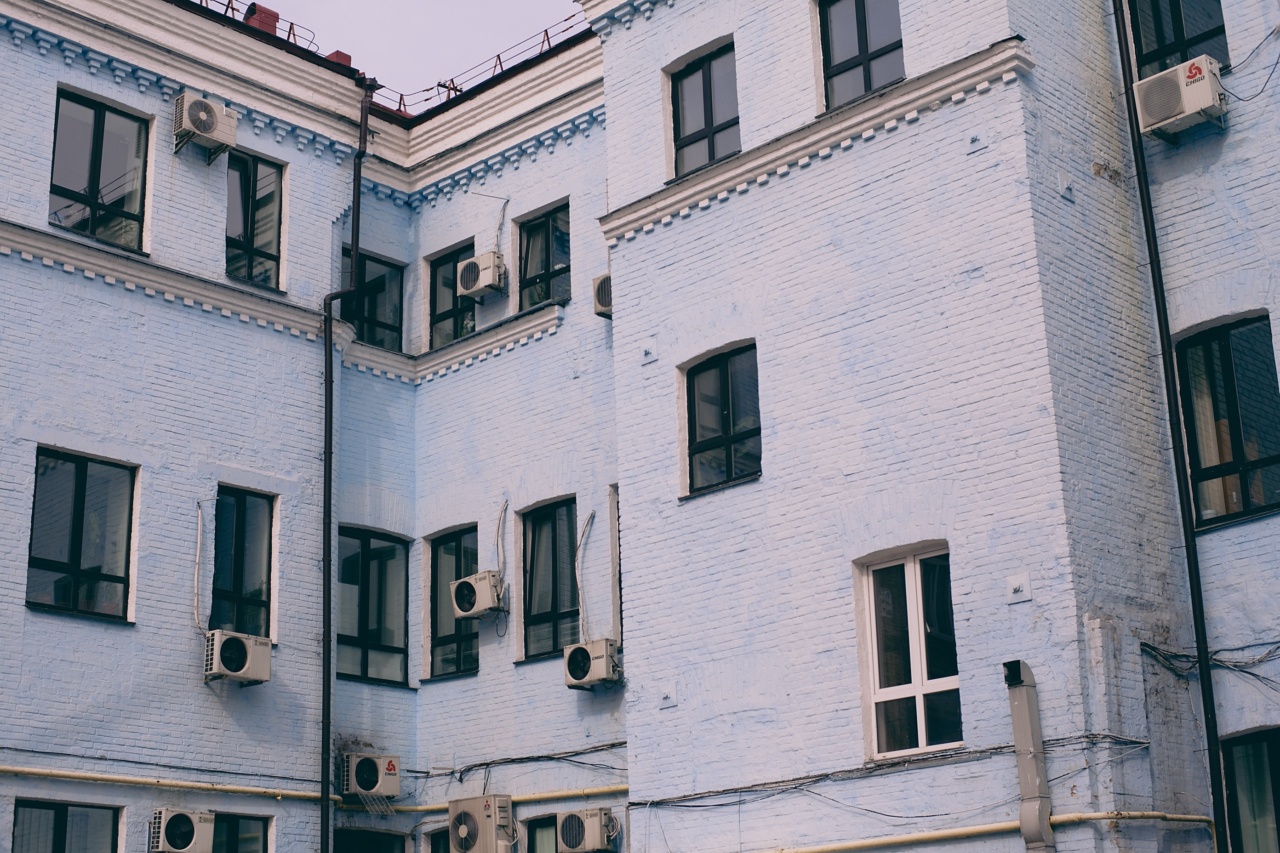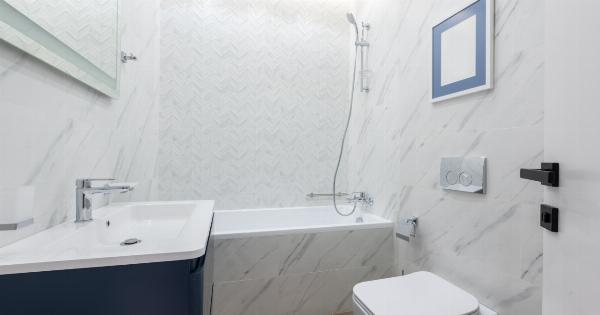Keeping our homes and workplaces comfortable during hot summer days is made possible by air conditioning systems. These technological marvels work tirelessly to cool our surroundings, making it easier to go about our daily tasks.
While air conditioning provides countless benefits, it is essential to be aware of the potential risks that may lurk within these systems. In this article, we will explore some of the hazards associated with air conditioning systems and discuss how to mitigate them.
1. Poor Indoor Air Quality
One of the most significant risks related to air conditioning systems is poor indoor air quality.
Without regular maintenance and cleaning, air conditioners can become breeding grounds for various allergens, dust, and bacteria, which are then circulated throughout the space. This contamination can lead to respiratory problems, allergic reactions, and overall discomfort.
2. Mold and Moisture
Air conditioning systems rely on condensation to cool the air. However, if there are any issues with the drainage or the unit is not properly maintained, excess moisture can accumulate and lead to mold growth.
Mold spores circulating in the air can cause severe health issues, including respiratory infections, allergies, and asthma attacks.
3. Improper Ventilation
Inefficient ventilation in air conditioning systems can result in inadequate airflow, trapping harmful pollutants in the indoor environment.
Without proper ventilation, the concentration of carbon dioxide can increase, leading to headaches, dizziness, and diminished cognitive function.
4. Refrigerant Leaks
Refrigerant is essential for the proper functioning of air conditioning systems, but leaks can occur over time.
Refrigerant leaks not only reduce the efficiency of the system but can also release harmful chemicals into the environment, contributing to air pollution and posing a threat to human health.
5. Electrical Hazards
Improper electrical connections or faulty wiring in air conditioning units can cause electrical hazards such as short circuits, electrical shocks, or even fires.
It is crucial to ensure that the installation and maintenance of air conditioning systems are carried out by qualified professionals to minimize these risks.
6. Noise Pollution
While noise may not seem like a significant risk, it can have detrimental effects on our well-being. Noisy air conditioning units can disrupt sleep patterns, increase stress levels, and even impact productivity.
Choosing air conditioning systems with low noise levels can help create a more peaceful environment.
7. Chemical Exposure
In some older air conditioning systems, the insulation or components may contain harmful chemicals such as asbestos or lead.
If these materials deteriorate or are disturbed during maintenance or repair, it can lead to chemical exposure and pose serious health risks.
8. Heat-related Illnesses
While air conditioning systems are designed to keep us cool, they can sometimes contribute to heat-related illnesses if not properly maintained.
If the system is not able to regulate the temperature efficiently, it may not provide adequate relief from high temperatures, increasing the risk of heat exhaustion or heatstroke.
9. Fire Hazards
Although rare, malfunctioning air conditioning units can pose fire hazards. Electrical faults or overheating components can lead to fires that jeopardize the safety of the building and its occupants.
Routine maintenance and inspections are vital in preventing such incidents.
10. Inadequate Cooling
Lastly, an air conditioning system that fails to cool the space effectively may lead to discomfort, especially during scorching summer months. Inefficient cooling can impact productivity, sleep quality, and overall well-being.
Conclusion
While air conditioning systems provide much-needed relief from hot temperatures, it is crucial to be aware of the risks they may pose.
Regular maintenance, proper ventilation, and ensuring the use of qualified professionals for installation and repairs are some of the ways to mitigate these risks. By being alert and proactive, we can enjoy the benefits of air conditioning while minimizing any potential hazards.





























